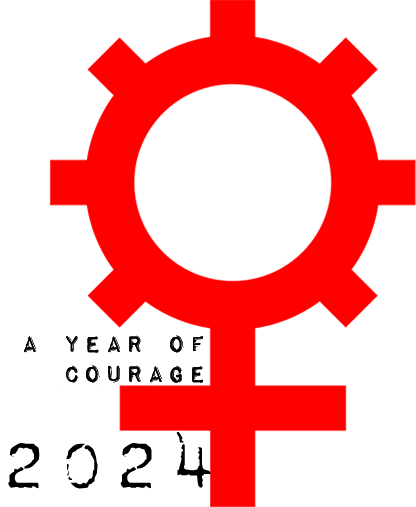At the end of his Ted Talk, Brady Wilson said, “People rarely leave your presence neutral. They either leave engaged or depleted.” One of my favorite songs is by Underworld, in which the lyrics are, “What don’t lift you drags you down, keep away from the dark side.” I think along with similar patterns. I wrote a piece earlier this year called ‘Of Abandonment and Reductionism,’ where I describe ourselves as forests. I talk about how people can chop our trees down without replanting them and destroy the complex ecosystem within. Some people guard their forests intensely, not allowing anyone to explore them, while others are reciprocal with taking your resources and allowing you to take some of theirs. Our actions have consequences; we leave an imprint through our behavior.
Dr. Daniel Amen teaches us, “Behavior is an expression of the problem; behavior isn’t the problem.” I think about behavior frequently, especially mine. Over years of struggling with Bi-Polar, PTSD, anxiety, insomnia, and physical issues, I have become accustomed to consciously trying to regulate my behavior. Rarely, however, do I seem to address the problem causing the behavior. I put a mask on, practice thinking before I speak, and attempt to survive the day. If I cannot help someone, I want not to harm them. I want to leave someone uplifted, not dragged down. Unfortunately, I sacrifice myself in the process all too often.
What we practice grows stronger, and I continuously place myself in situations where I practice a lack of self-worth. I modify or erase my goals to accommodate others, and I routinely put my perception of their wants and needs before mine. I have failed to advocate for myself to the point I become highly anxious whenever I attempt it. I second guess my boundaries and end up enduring things I didn’t need to bear if I had held the line. I have a fear of consequences to the point I will hurt myself to not deal with them. In the end, I become worn out and incapable of functioning beyond the basic tasks of surviving.
I have become profoundly anti-confrontational by practicing a lack of self-worth and sacrificing myself through fear of consequences. I no longer have a solid grasp on whether I respect or make excuses for myself. My inability to recognize and hold a boundary bleeds into setting and maintaining goals. I consistently fail to understand when a goal is unattainable and should be let go. I tend to perceive everything through the lens of ‘just be more patient’ or ‘work harder.’ I virtually never tend to think in terms of ‘this is not right for me, I should stop’ until significant damage has been done, and I can’t ignore it any longer.
The combination of my practices depletes me thoroughly. I rarely get the rest I need, particularly mental and emotional rest, because I refuse to allow it. I double down on unhealthy determination and try to soldier through. The stress of working while exhausted exacerbates my physical issues until I shut down completely. Exhaustion causes me to feel judged by the world around me. I feel unsafe in my environment and spiral downwards until I have little choice but to sleep. While this is happening, I am still attempting to be uplifting towards others while being depleted myself.
The best answer I can develop at the moment is to practice positive self-worth. If I felt valuable, I would try to maintain what I have and improve myself further. Through feeling worthy, I would have a source of strength to hold my boundaries under stress. Through feeling worthwhile, I would allow myself the time and space I need to heal to function better again; I would rest. Rested, I would have a more significant opportunity to evaluate my goals and pursue those worth pursuing. Accomplishing goals reinforces my positive self-worth, and the cycle continues. Unfortunately, I feel so overwhelmed I don’t know where to begin. Where can I break the cycle of depletion to change the process itself? The first step is to break away from depleting relationships, but then I have no one left. Perhaps I need to be alone because we can’t be good for others if we aren’t good for ourselves. Ultimately, it is up to me to believe in myself, and no amount of making other people happy will be sufficient if I’m depleting myself in the process.
